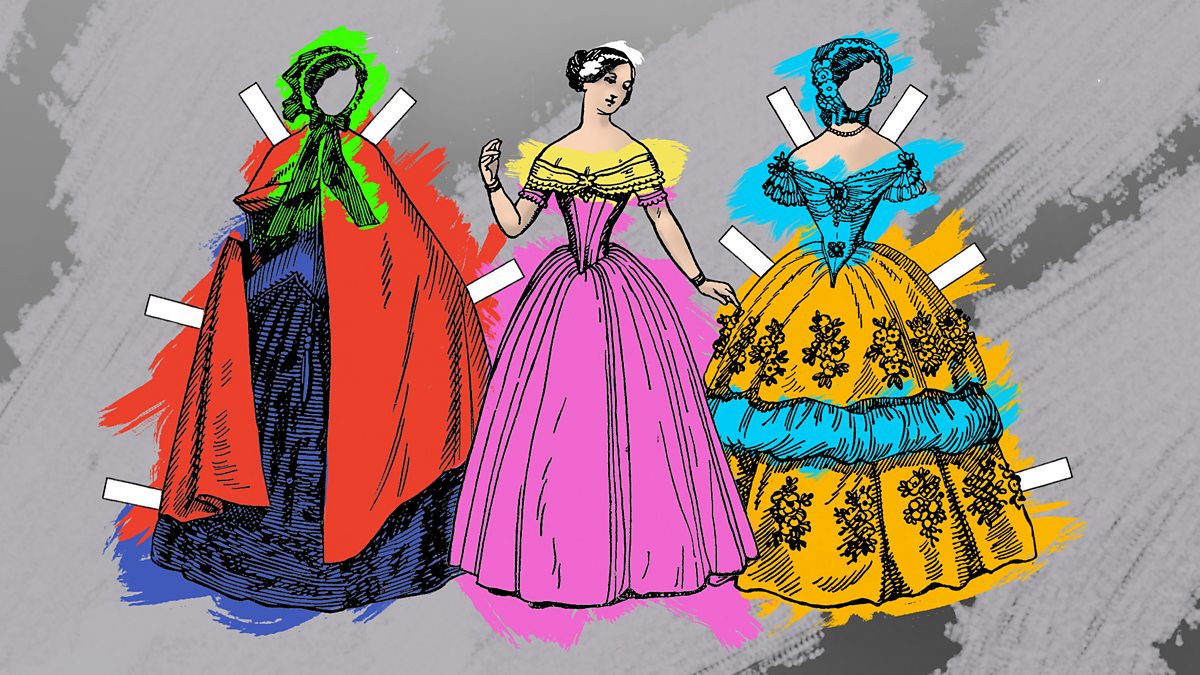

"For my part I am very sorry for him," Eliot's narrator tells us in Middlemarch. Until, as Eliot warms up to her character, we're asked to look at him with fresh eyes. We're meant to find him a self-duping near-charlatan who takes advantage of Dorothea Brooke's enthusiasm for him and his work. And in a deep pocket of his mind, Casaubon knows it, too. Prochnik/Penguin Random House)īut it's a failure. She adds that every time she picks up the book it offers something new. Middlemarch is a book that 'seems to offer different narratives, different storylines, different moods even for different stages of life,' says writer Rebecca Mead. He's a lone scholar, working on a project he calls "The Key to All Mythologies," which aims to connect the Christian narrative with the history of humankind completely, tying in psychology, cosmology, theology: in other words, it's a book about everything. "A dried up old stick of a man," says Rebecca Mead, writer for The New Yorker and author of My Life in Middlemarch. But Pritchett is right about Eliot's ethics and social observation: Middlemarch is a book about finding a way to sympathize with others whom we may not like very much, or even dislike. Casaubon, who's a blowhard and a gasbag all at once. She is orderly in her ethics she is orderly in her social observation." But with all due respect to Pritchett, they are eccentrics: Dorothea Brooke, the "star" of the novel, is naive, spirited, and flighty - and marries a fool, Mr. "People do not appear haphazard in her works," said V.

How Middlemarch helps us confront reality, 150 years on.Audio Love and Consequences: George Eliot's Middlemarch, Part One


 0 kommentar(er)
0 kommentar(er)
